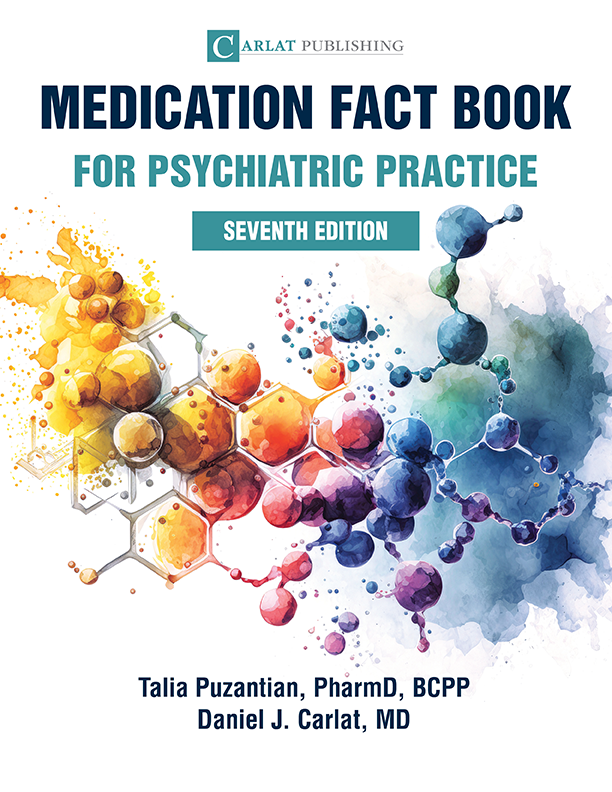General Psychiatry
Stimulants: The Case for Caution
Lawrence H. Diller, MD
Private Practice, Behavioral Pediatrics, Walnut Creek, California
Clinical Faculty, UCSF School of Medicine
Author, The Last Normal Child, Running on Ritalin and Should I Medicate My Child?
Dr. Diller has disclosed that he has no significant relationships with or financial interests in any commercial companies pertaining to this educational activity.
Read More

_-The-Breakthrough-Antipsychotic-That-Could-Change-Everything.jpg?1729528747)



